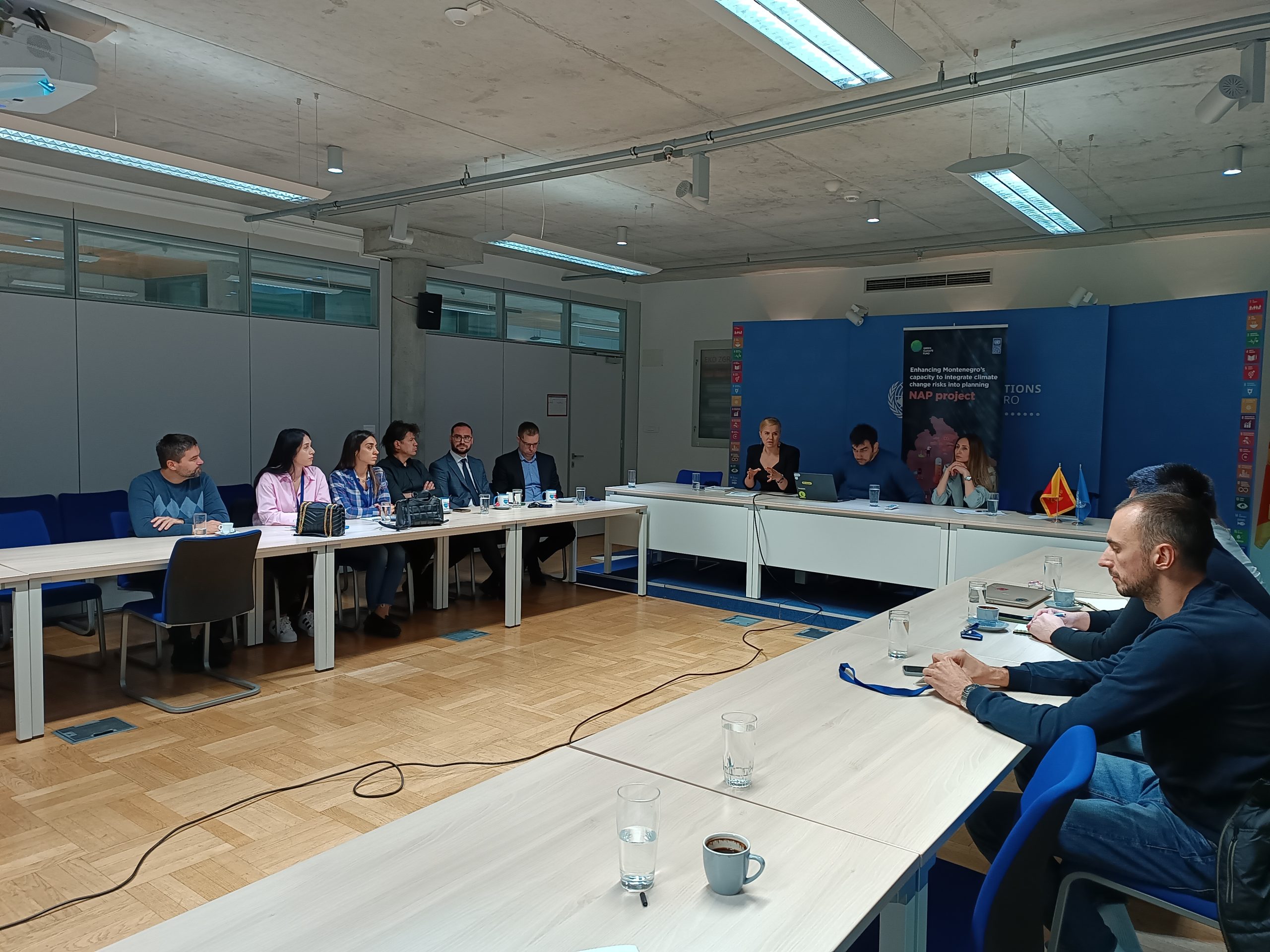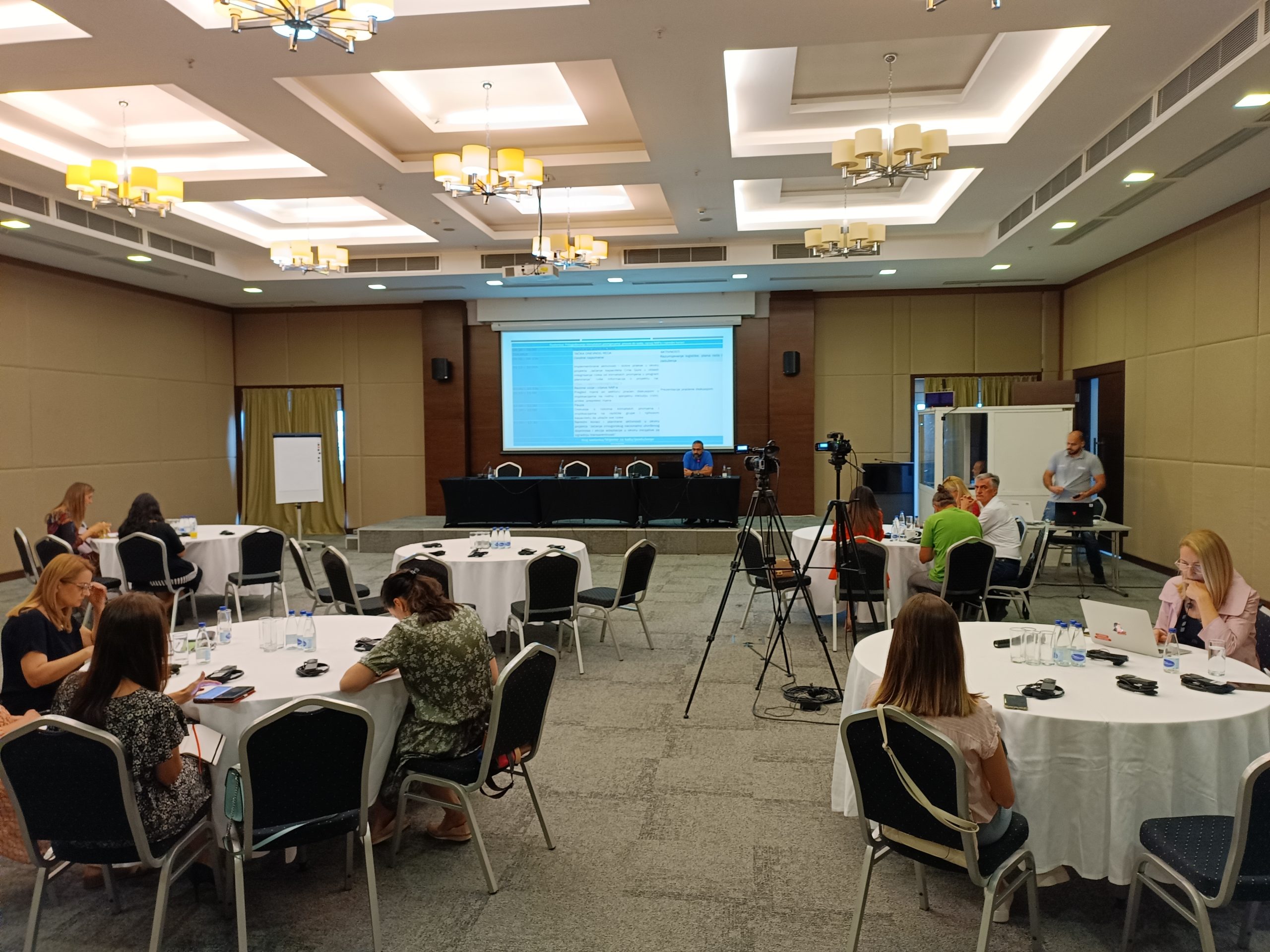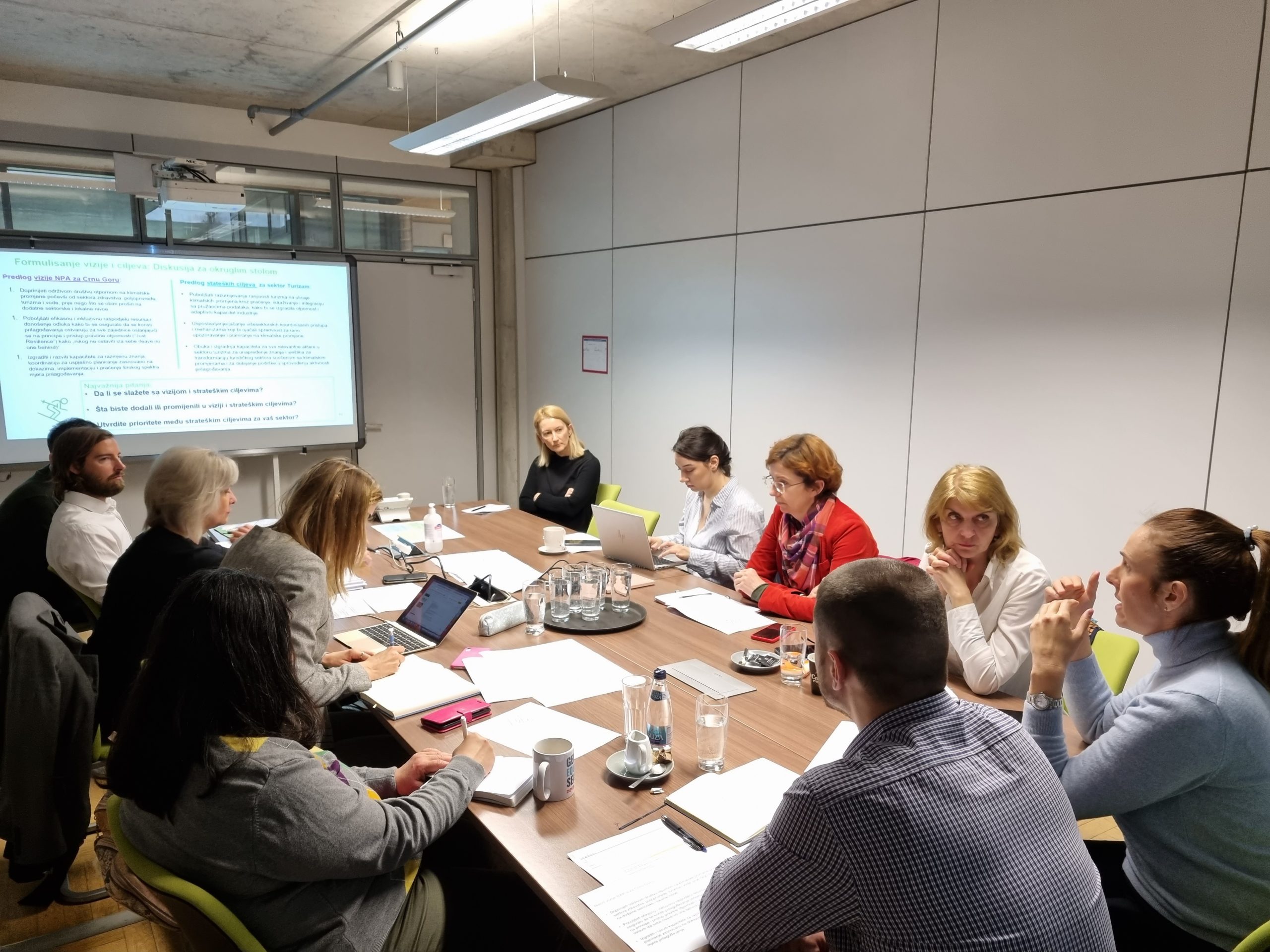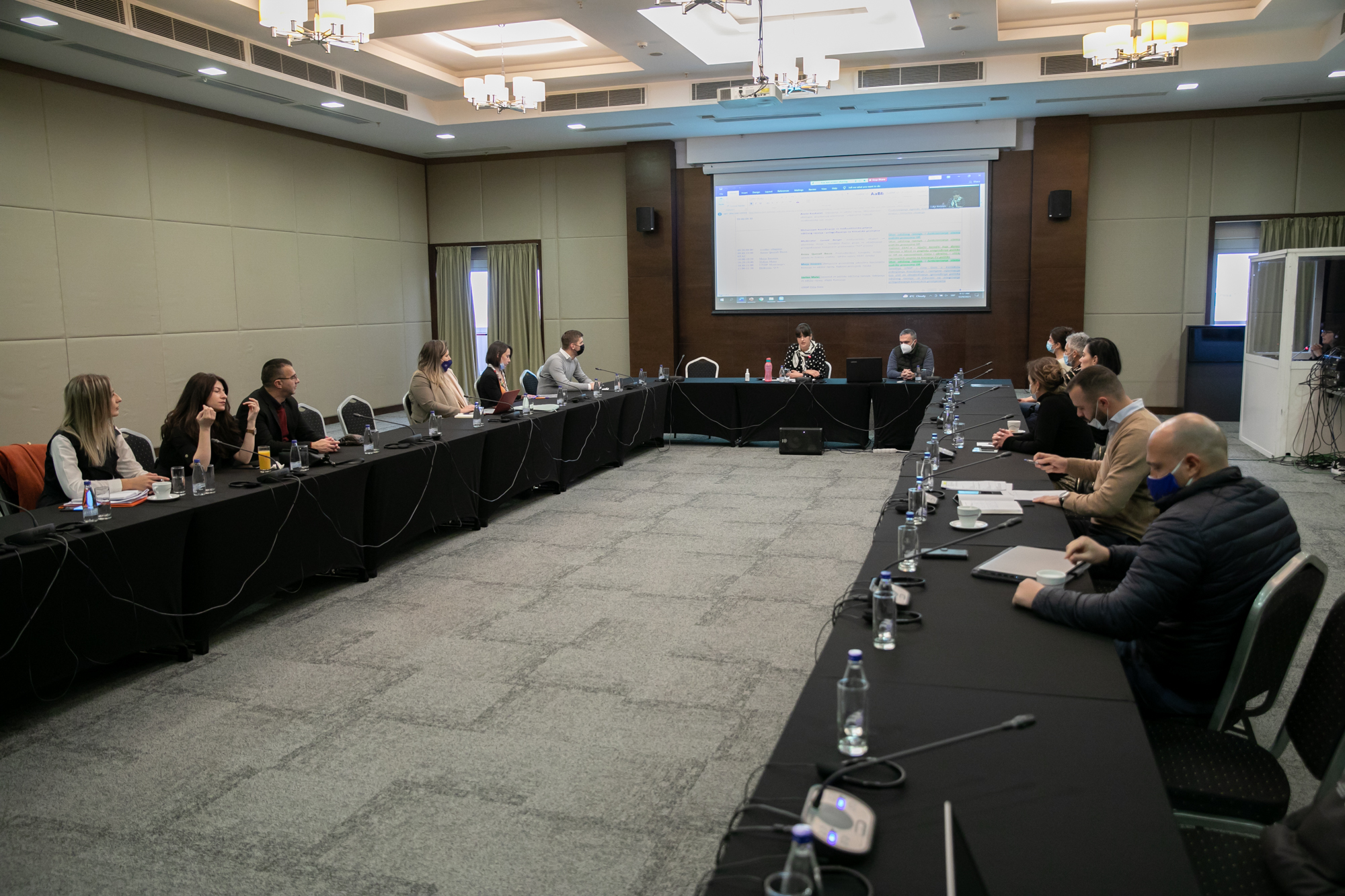Given the relevance of gender issues in the process of drafting the National Climate Change Adaptation Plan (NAP), a meeting about gender action plan preparation was organized within the project of the same title on 27 May 2022. This activity is important to ensure clear presence of gender mainstreaming in the preparation and implementation of the climate change adaptation plan.
When we discuss gender issues in the context of climate change, the impact of that change on genders is not the same. Women are increasingly perceived as more vulnerable than men, mostly because they account for the majority of the world’s poor and are proportionally more dependent on threatened natural resources. Around the world, women have less access to resources such as land, loans, agricultural inputs, decision-making structures, technologies, training and advisory services that would improve their capacity to adapt to climate change. In addition, due to social and cultural norms and obligations, and traditional roles, women are often prevented from migrating somewhere else.
The Gender Action Plan will reflect project results and will be an integral part of NAP. Specifically, this Action Plan will address issues of gender inclusion and facilitate the inclusion of women in management, planning and implementation, and will thus fit into the NAP process and document outcomes. Given that this document will address gender issues, it will significantly facilitate the inclusion of women in adaptation planning and implementation.
In addition, the NAP process will also include the preparation of a Communication Plan to support and complement the entire NAP document and the Gender Action Plan. This will ensure that actors, especially vulnerable categories of the population, are familiar with the process, plan and related NAP activities.
Supported by GCF, and through the NAP project, Montenegro will strengthen its institutional framework for coordination by expanding the technical capacities of those who are responsible and involved in planning climate change adaptation, improve the information base needed for effective decision-making and define a resource mobilization strategy. The main project beneficiaries are ministries and institutions responsible for sustainable development and tourism, agriculture and rural development, health, economy and finance, as well as the Institute for Hydrometeorology and Seismology of Montenegro.
 Back to previous page
Back to previous page











